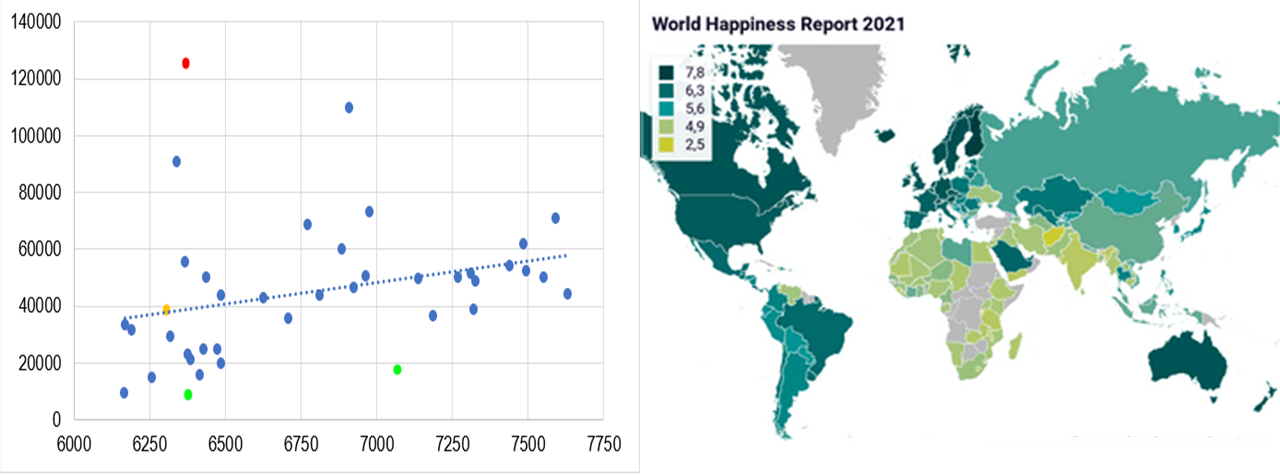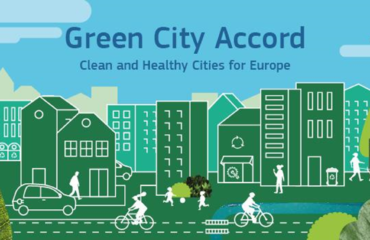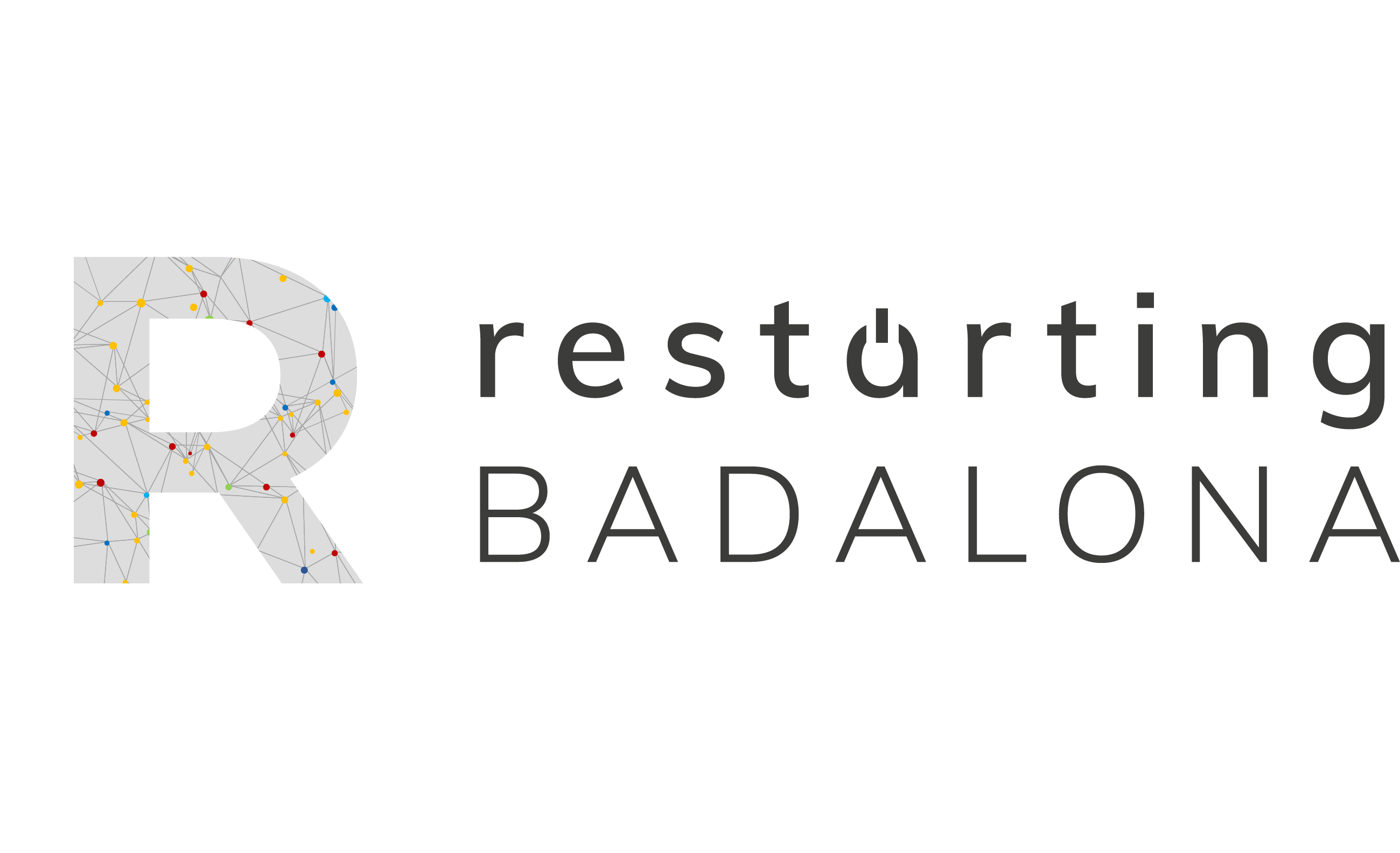
Work to achieve “freedom and happiness for all”. This is the reference that the Aragonese president raised during his speech at the inauguration ceremony. He is not the first nor will he be the last political or business leader to place happiness as a horizon when framing the vision, utopian if you will, of his mandate. At the beginning of a new stage, we must establish some very ambitious, almost unattainable idea that we would like to achieve if everything, absolutely everything, turns out well. In the business world we talk about the “vision” that will then have to land on purposes and purposes, which in turn will be specified in objectives, strategies, etc.
I had a Philosophy teacher who told us that “happiness is not of this world.” But I think it’s good to propose to be happier and that the government of my country or my company help us. At the end of the day, they have a great capacity to influence our lives and facilitate the path to a happier life or to Calvary. The question is how.
For centuries, happiness was the exclusive concern of the Humanities. Starting in the 70s, happiness also moved to the field of Social Sciences and, since then, it has been the focus of research on how to measure it and incorporate it into the economy. Richard Easterlin’s original article on the happiness paradox started a debate that is still going on: after a certain income threshold, GDP per capita is no longer correlated with happiness..
From a certain income threshold, GDP per capita is no longer correlated with happiness
Does GDP make happiness? Economists disagree. The reality is that, although we know the many imperfections of GDP as an index of economic well-being, we continue to measure the success of countries according to their evolution.
Of course, we know how GDP is measured. And the happiness? Data on happiness comes from reports on people’s feelings of well-being, and people in many different countries have been found to respond similarly when asked what is important to their happiness. It is the personal concerns that occupy much of your time: earning a living, family, health and work. Among those who are significantly less happy are the unemployed, those who live alone and people in poor health.
Happiness tells us to what extent a society satisfies the concerns of people’s daily lives. Instead, GDP is limited to a single economic dimension, the per capita production of goods and services. Happiness is evaluated by the stakeholders themselves. GDP is evaluated by experts. Unlike GDP, happiness is a measure that most people can relate to. If happiness becomes the main measure of the well-being of society, perhaps public policies could be moved in a more meaningful direction for people’s lives.
But there are still many doubts about the way people interpret the questions to the happiness surveys and evaluate it. Does being happy make people more productive? How does the voting decision affect? What is the relationship between happiness and being married or holding religious beliefs? How to intervene from the public debate?
We try so hard to find happiness that we complicate our lives unnecessarily
But we do not get so packed and we go back for a moment to the beginning, to the political speeches. Since when do our governments have to tell us how we should be happy? From a liberal point of view, Fukuyama reminds us that we must lower the horizon of politics: the state does not have to tell me how I should live life or what a good life consists of. It is fine to lay the foundations for well-being, that is, security, education, health, structures for economic development, etc. But how I pursue happiness is my thing!
Tal Ben-Shahar, a psychologist and philosopher, is one of the most successful professors among the students of the prestigious Harvard University for his classes on happiness. After many years of study he has come to the conclusion that we try so hard to find happiness that we complicate our lives unnecessarily. His recipe has 13 ingredients such as breakfast, wearing comfortable shoes, and listening to music.
At the end of the day, as the protagonist of Fyodor Dostoevsky’s The White Nights says in the masterly sentence that closes the novel, “My God! A whole minute of bliss! Is it little for a man’s entire life?”
Martí Casamajó, member of the Restarting Badalona Association



